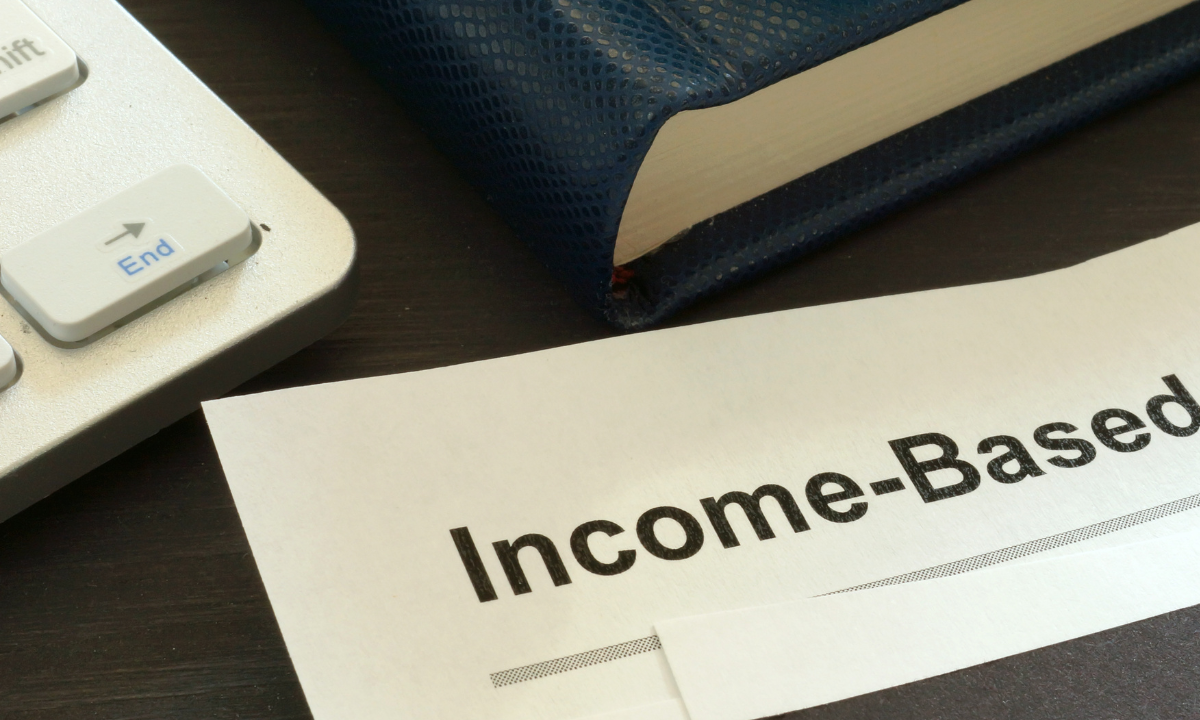Written by Justin Culetu
Bank of America is facing a federal lawsuit for its failure to protect thousands of Californian’s unemployment debit cards from fraudulent activity.
Last Thursday, the U.S District Court in San Francisco filed a complaint that Bank of America inadvertently provided proper security to stop criminals from obtaining access to unemployment debit card accounts. For a bank that has $2.16 trillion in total assets, supplying its customers with basic security should not be much of an issue. A spokesman for Bank of America stated that the fraud in California is connected to state application vetting.
“We have added thousands of agents to answer phone calls and investigate claims… the vast majority of unemployment fraud is committed by those filing false applications, when fraudulent transactions occur on benefit cards we review those claims and restore money to legitimate recipients,” read a statement from the company.
Attorney Brian Danitz, who filed the suit, feels differently, “Bank of America should have known this was coming, they did not provide basic security measures. Instead they gave cards without a chip, just with a magnetic stripe, which is easily subject to fraud,”
Since 2010, Bank of America and the state have contracted to pay out unemployment benefits electronically. Also included in the bank’s state contract is a promise to deliver the “best in class” fraud monitoring. During the pandemic, confusion over unemployment fraud has led to a back and forth blame game between the state and Bank of America and now the class action lawsuit is awaiting court review.
Some issues in the complaint include a deficiency of secure microchips in the unemployment cards, a shortcoming in securing private account information, as well as a slow response to fraud claims by the consumers. According to the complaint, Bank of America also violated a “zero liability” clause in its state contract, which makes them responsible to pay for any fraud instead of the unemployment cardholders. This means that the EDD may not face litigation for freezing unemployment payments.
Since March of 2020, the EDD has paid $113 billion in unemployment benefits. The thousands of fraud claims due to poor management are only one example of the state’s failed COVID-19 response. With lockdowns continuing to ravage the state’s economy and stunting the possibility of growth, the department needs to address these issues quickly.




